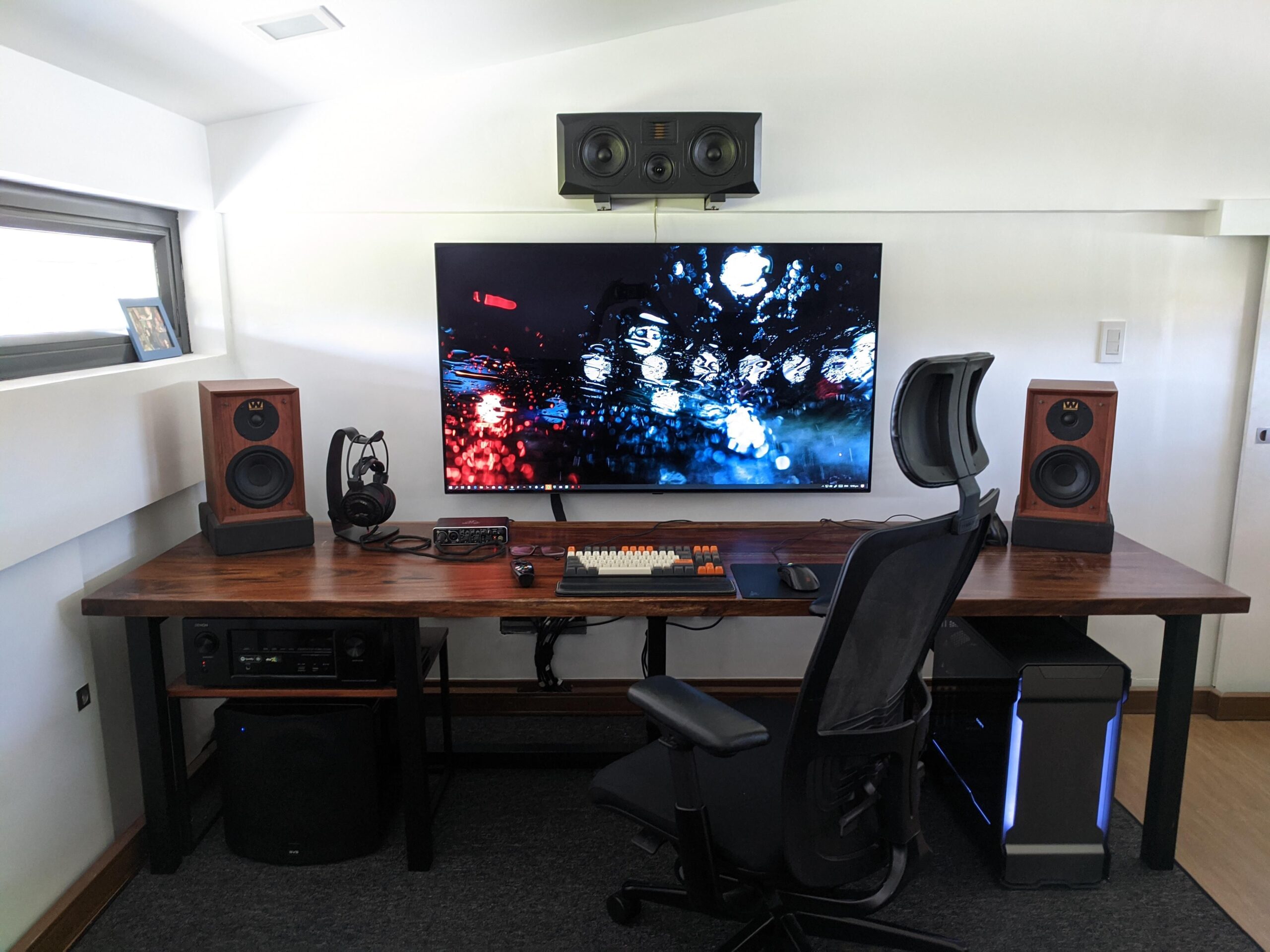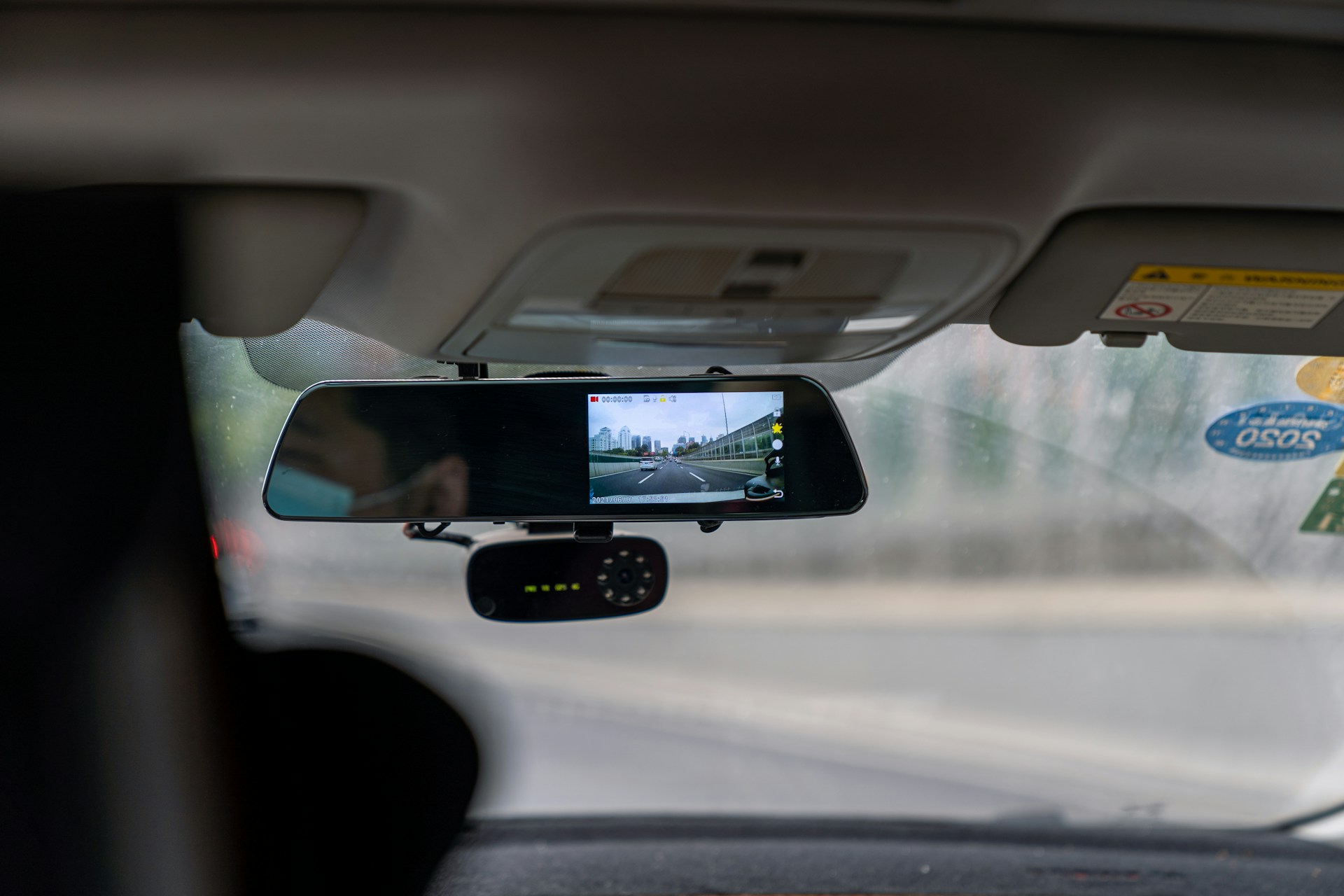Are you looking for a way to enhance your home theater experience? Do you want more power, storage, compatibility, and versatility than a smart TV or a streaming device can offer? If so, you might want to consider getting a home theater PC (HTPC).
An HTPC is a computer that is designed to play, store, and stream media content on your TV or projector. It can also perform other tasks, such as browsing the web, gaming, and running applications. In this article, we will tell you everything you need to know about HTPCs, including:
- Why you need an HTPC
- How to choose an HTPC
- The best HTPC products of 2024
- The latest trends and news in HTPC
Why You Need an HTPC
A HTPC can offer many benefits over a smart TV or a streaming device. Here are some of the main advantages of having a HTPC:
- More power and performance: An HTPC can handle high-resolution video, such as 4K or 8K, better than most smart TVs or streaming devices. It can also run multiple tasks at once, such as playing music, downloading files, and updating software, without slowing down or crashing.
- More storage and customization: An HTPC can have more storage space than a smart TV or a streaming device, allowing you to store more media files locally. You can also customize your HTPC with different components, such as processors, graphics cards, memory, and hard drives, to suit your preferences and budget.
- More compatibility and versatility: An HTPC can support more formats and codecs than a smart TV or a streaming device, which may have limited or proprietary support. You can also use your HTPC to access more sources of content, such as online streaming services, local network devices, external hard drives, and optical discs. You can also use your HTPC to run any software or application that is compatible with your operating system, such as Windows, Linux, or macOS.
How to Choose an HTPC
There are many factors to consider when choosing an HTPC, such as:
- Size and design: A HTPC should be small and sleek enough to fit in your home theater setup, without taking up too much space or looking out of place. You may also want an HTPC that is easy to mount, hide, or move around, depending on your needs.
- Performance and features: An HTPC should have enough processing power, memory, and graphics capability to handle your media content smoothly and efficiently. It should also have enough ports and connections to hook up your TV, projector, speakers, and other devices. You may also want an HTPC that has wireless capabilities, such as Wi-Fi and Bluetooth, to connect to your home network and other devices without cables.
- Price and value: An HTPC should have a reasonable price that matches your budget and expectations. You should also consider the value that an HTPC offers, such as the quality, durability, warranty, and customer service of the product and the manufacturer.
To help you compare different HTPC products, we have created a table that summarizes some of the key features and specifications of the best HTPC products of 2024:
| Product | Price | Processor | Memory | Storage | Graphics | Ports | Wireless | OS |
|---|---|---|---|---|---|---|---|---|
| Apple M2 Mac Mini | $599 | Apple M2 chip | 8 GB | 256 GB SSD | Apple M2 GPU | HDMI 2.0, Thunderbolt 4, USB 4, Ethernet | Wi-Fi 7, Bluetooth 5.2 | macOS |
| Dell Optiplex 3070 Micro | $751 | Intel Pentium G5420 | 4 GB | 500 GB HDD | Intel UHD Graphics 610 | HDMI, DisplayPort, Ethernet | Optional Wi-Fi and Bluetooth | Windows 10 Pro |
| Samsung The Premiere 8K | N/A | N/A | N/A | N/A | N/A | HDMI, USB, Ethernet | Wi-Fi 7, Bluetooth 5.2 | Tizen |
The Best HTPC Products of 2024
Based on our research, here are some of the best HTPC products that are available or coming soon in 2024:
- Apple M2 Mac Mini: This is a compact and powerful HTPC that runs on the Apple M2 chip, which offers fast performance and low power consumption. It can support up to two 4K displays and has a variety of ports and connections, including HDMI 2.0, Thunderbolt 4, USB 4, and Ethernet. It also has wireless features, such as Wi-Fi 7 and Bluetooth 5.2. It runs on macOS, which is compatible with many popular streaming services and applications. The base model costs $599, but you can upgrade to different configurations, such as more memory, storage, or Ethernet speed.
- Dell Optiplex 3070 Micro: This is a small and affordable HTPC that runs on Windows 10 Pro, and is compatible with many formats, codecs, and sources of content. It has a dual-core Pentium processor, 4GB DDR4 RAM, and a 500 GB hard disk drive, which can handle basic media tasks. It also has two high-definition video outputs, HDMI and DisplayPort, and an Ethernet port. It can be mounted to the back of your TV with an optional bracket, making it easy to hide and save space. The base model costs $751, but you can upgrade to different configurations, such as more powerful processors, memory, or storage.
- Samsung The Premiere 8K: This is a projector that doubles as an HTPC, as it has a built-in One Connect box that supports wireless 8K streaming, using Wi-Fi 7 technology. It can project a 150-inch 8K image, with a brightness of 4,000 lumens, when positioned just 12 inches away from a screen. It also has a built-in 8.2.2-channel Dolby Atmos sound system, with 100 watts of power, and Sound-on-Screen technology, which elevates the audio from the projector to the screen area. It also supports gaming, with a low input lag and a game mode. The price and release date of this product are not yet announced.
The Latest Trends and News in HTPC
Based on our research, here are some of the latest trends and news in HTPC that you should know:
- Transparent OLED TVs: LG has unveiled the first transparent OLED TV, which can show partially transparent video, or full-contrast video with a contrast-boosting layer that rises out of the base. It also has wireless features, such as 4K HDR 120Hz streaming and a wireless connection box. This TV can be used as an HTPC, as it can run webOS and access various streaming services and applications. The price and release date of this product are not yet announced.
- Mini-LED TVs: Mini-LED TVs are becoming more popular, as they offer better contrast, brightness, and color accuracy than traditional LED TVs. They use thousands of tiny LEDs to backlight the screen, creating more dimming zones and reducing blooming effects. Some of the leading manufacturers of mini-LED TVs are TCL, Hisense, and LG, with their QLED, ULED, and QNED models, respectively. These TVs can also be used as HTPCs, as they have smart features, such as Android TV, Roku TV, or webOS, and support various formats and codecs.
- AI Processing: AI processing is becoming more advanced and integrated in HTPCs, as it can improve the quality, performance, and functionality of media content. AI processing can enhance the resolution, frame rate, color, and sound of video, using techniques such as upscaling, interpolation, and optimization. It can also enable features such as voice control, face recognition, and content recommendation, using techniques such as natural language processing, computer vision, and machine learning. Some of the leading processors that use AI processing are the LG α9 Gen 4 AI Processor, the Samsung Neo Quantum Processor, and the Intel NUC 13.
Conclusion
An HTPC is a great addition to your home theater setup, as it can offer more power, storage, compatibility, and versatility than a smart TV or a streaming device. However, choosing an HTPC can be challenging, as there are many factors to consider, such as size, performance, features, price, and value. To help you make an informed decision, we have provided some of the best HTPC products and the latest trends and news in the market, based on the information available as of January 2024. We hope that this article has been helpful and informative for you. Thank you for reading.








